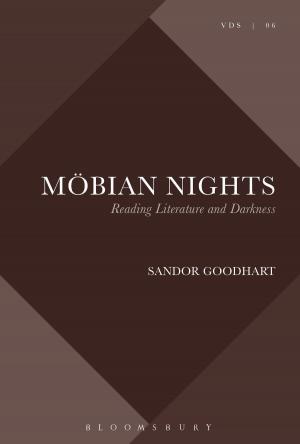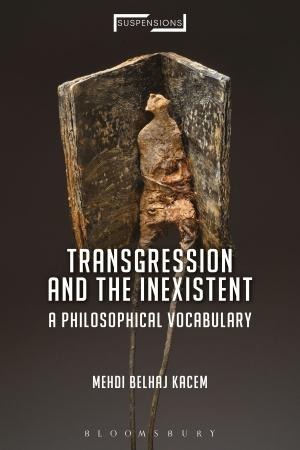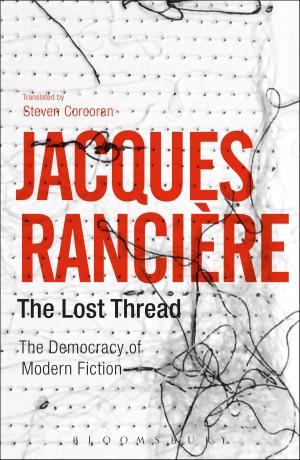Joel (ITC)
Nonfiction, Religion & Spirituality, Bible & Bible Studies, Criticism & Interpretation, Commentaries| Author: | Professor Christopher R. Seitz | ISBN: | 9780567667779 |
| Publisher: | Bloomsbury Publishing | Publication: | March 10, 2016 |
| Imprint: | T&T Clark | Language: | English |
| Author: | Professor Christopher R. Seitz |
| ISBN: | 9780567667779 |
| Publisher: | Bloomsbury Publishing |
| Publication: | March 10, 2016 |
| Imprint: | T&T Clark |
| Language: | English |
The book of Joel is held to be one of the latest prophetic witnesses; it cites other books of the book of the Twelve prophets with a density that distinguishes it from its neighbours. The concept of the "Day of the LORD" which runs throughout the Minor Prophets as a whole reaches its zenith in Joel and its co-mingling of ecological and military metaphors advances Hosea on the former and anticipates later texts on the latter.
In this volume within T&T Clark's International Theological Commentary Series Christopher Seitz starts from a foundation of historical-critical methodology to provide an account of Joel's place and purpose within the book of the Twelve prophets as a whole. Seitz examines the theology and background of Joel, and shows how Joel's theological function can provide a major hermeneutical key to the interpretation of the wider collection, and teases out the precise character of that role.
The book of Joel is held to be one of the latest prophetic witnesses; it cites other books of the book of the Twelve prophets with a density that distinguishes it from its neighbours. The concept of the "Day of the LORD" which runs throughout the Minor Prophets as a whole reaches its zenith in Joel and its co-mingling of ecological and military metaphors advances Hosea on the former and anticipates later texts on the latter.
In this volume within T&T Clark's International Theological Commentary Series Christopher Seitz starts from a foundation of historical-critical methodology to provide an account of Joel's place and purpose within the book of the Twelve prophets as a whole. Seitz examines the theology and background of Joel, and shows how Joel's theological function can provide a major hermeneutical key to the interpretation of the wider collection, and teases out the precise character of that role.















